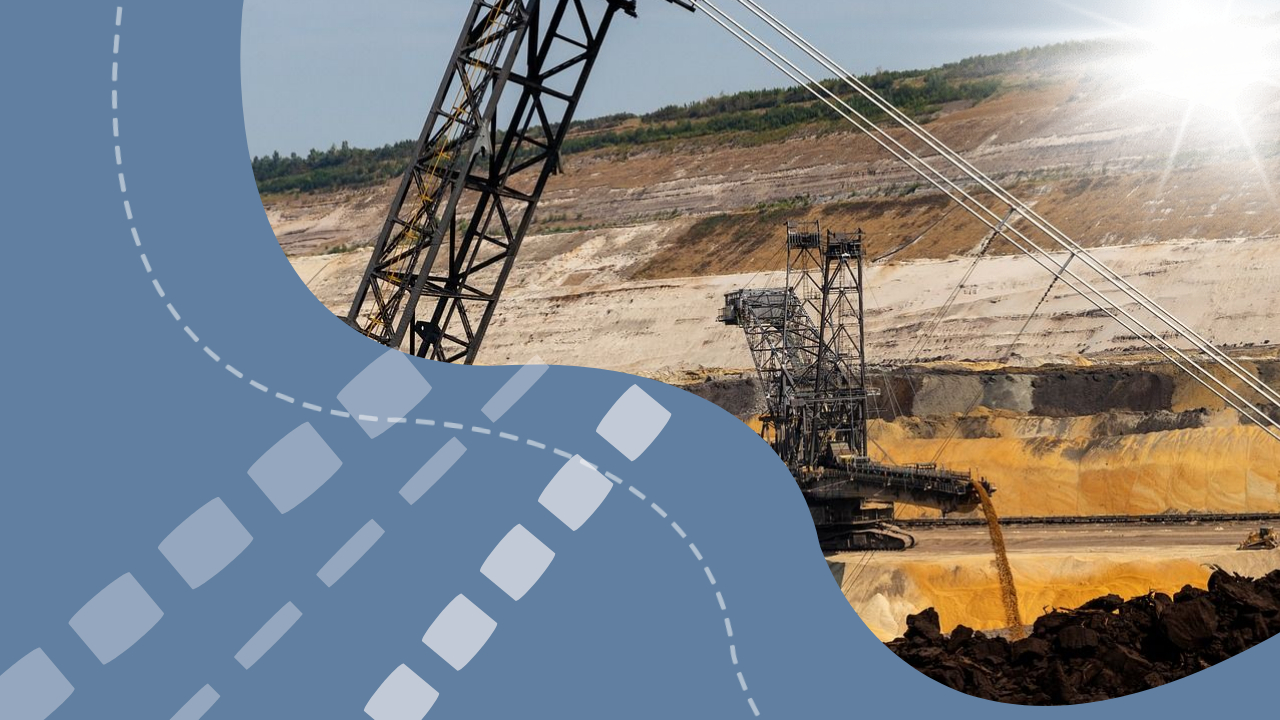Speaking at the International Energy Agency’s inaugural critical minerals conference in Paris, Henry called for a “small set of common standards” covering environmental, social and governance to underpin access to the capital required for investment the sector.
Critical minerals, essential for a range of clean and renewable energy technologies, have risen in the policy and business agenda, but a combination of volatile price movements, supply chain bottlenecks and geopolitical concerns have created a potent mix of risks for secure and rapid energy transitions. This has triggered a scramble across the world to enhance the diversity and reliability of critical mineral supplies.
The head of the Australian multinational mining and metals public company, based in Melbourne, said urbanisation, industrialisation and population growth were driving demand for minerals such as copper, nickel and lithium and steel-making raw materials, along with a push to decarbonise economies.
“Governments must provide predictability and stability to attract capital at the lowest possible cost and as quickly as possible,” he said.
“This means stable fiscal settings, streamlined planning and permitting processes and harmonised standards. Too often we see short-termism in government policy, or policies which seek to meet near term political objectives, but which show limited understanding of what drives investment.”
Australia is the world’s leading producer of unprocessed lithium, the world’s third-largest cobalt exporter and the fourth-largest exporter of rare earths, which are in increased demand from Europe. Australia is also the fourth-largest exporter of mined copper and nickel and a significant producer of aluminium.
Using copper as a case study, BHP estimated that about $250-billion in growth capital to 2030, in addition to sustaining capital, was needed to support the climate decarbonisation required for a “plausible 1.5 degrees scenario”.
Addressing the meeting in Paris were several government ministers, including US Energy Secretary Jennifer Granholm, who cautioned about the potential for critical minerals supplies to be “weaponised”.
Henry called for a global convergence of environmental, social, and governance (ESG) standards.
“We need a small set of common standards, upheld by all, and where performance against those standards is a greater and increasing determinant of access to capital,” he said.
“Opening a mine, done well, creates sustainable wealth and jobs… But of course, this must be done with least possible impact to the environment,” he said.
In remarks likely aimed at China, Granholm said the world was up against a dominant supplier of critical minerals that “was willing to exploit its market power for political gain”, and warned that energy security would become increasingly complex due to the transition to cleaner power.
“But our global energy crisis has taken on a new dimension, which is the urgency of this clean energy transition,” she said.
“When we look at both the production and the refining, processing of the critical minerals we see a very high level of concentration,” he said in opening remarks to the conference.
“Looking at the history of energy in the last 100 years, when there was major concentration of one single country, one single company, one single route, there’s always a challenge.”
In a recent report, the IEA highlighted the current concentration of supply, with the Democratic Republic of Congo dominating cobalt stocks, China holding half of planned lithium chemical plants and Indonesia representing nearly 90 per cent of planned nickel refining facilities.

